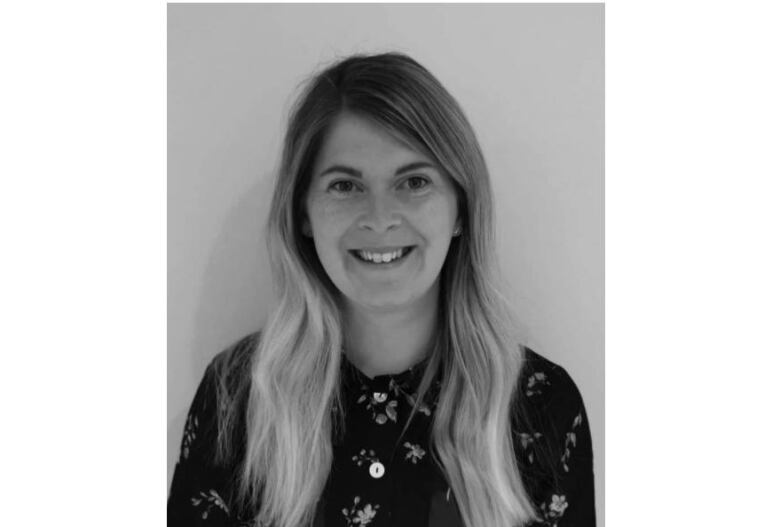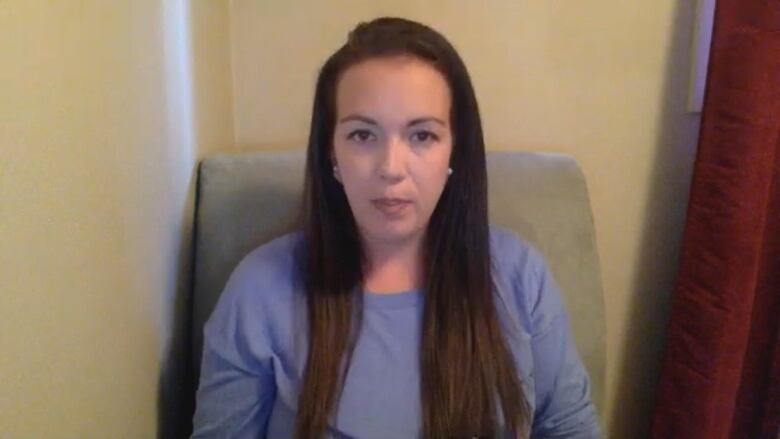Ontario families scramble to set up private 'learning pods' as new school year draws closer
The private arrangements are a worrying sign of inequity since many can't afford them, critics say

After a year of struggling to find teaching work, Danielle Feenan has suddenly found her services in high demand.
"It's been crazy, the amount of people that have messaged me," said the 29-year-old, who moved to Toronto from the U.K. last year.
"I guess [families] just really want people to help them."
Just two days ago, Feenan wrote a post offering her services on a growing and increasingly active Facebook group called Learning Pods Canada, which has nearly 9,000 members.
Its page has become something of a matchmaking destination for parents and teachers looking to set up private learning pods, which typically consist of a group of around five children and a single teacher, who spend the school day at a private residence.
Learning pods are a concept that some Ontario parents see asa viable, though pricey, alternative tosending their children back to school amid the ongoing COVID-19 pandemic.
Feenan, who is certified by the Ontario College of Teachers, is now in the process of whittling down her offers to find the right pod scenario in time for the coming school year. She's hoping to lead a group of students in the range of Grades 1 to 5.

"I want to ensure that I'm giving their children the best experience I can, so that when schools are open again, the children can easily infiltrate back in," she told CBC Toronto.
The parents of elementary students are most hesitant about sending their kids back to class for in-person instruction, according to reports from several local school boards released this week.
The families of about one in three elementary students at the Toronto District School Board (TDSB) say they will opt for online learning this fall, a rate that holds relatively steady across the GTA.
Many families still finalizingplans
While the learning pod idea appears to have resonated with parents concerned about the novel coronavirus and the back-to-school plans laid out by the province and local school boards, creating the pods has proven to be a significant challenge for many.
Rachel Marmer, who started the learning pod Facebook group, is still finalizing plans to create apod for her two school-age children, who are heading into Grades 1 and 3, respectively, this year.
She's not yet sure if her kids will be in the same pod, or exactly where it will be.
"I suspect there will be lots of pods that work out really well, some that don't," said Marmer, a business owner and mother of four.
"There's going to be a lot of trial and error and I think that's OK."
Marmer said it's unlikely that her family's pod, or pods, will be ready in time for the typical start of the school year, though she noted that even the TDSB will likely begin later as well.

Businesses see an opportunity
In addition to finding a suitable teacher and learning space, families setting up private learning pods also bear the responsibility of creating safety protocols and learning plans that, in some cases, must apply to a group of students of different ages.
Niteo Hybrid School, an educational company that typically offers one-on-one instruction forselect high school courses, is now offeringservices to connect certified teachers to families.
The company is in the process of setting up 22 learning pods across Ontario. Company founder Michael Train said around 120 teachers signed up to take part in the program within its first two weeks.
Their roster includes new graduates, retired teachersand others who are taking a leave of absence from their normal jobs due to concerns aboutCOVID-19.
"We're providing them with the comfort in knowing that they don't have to go back to the regular classroom," Train said.
Pods set up by Niteo will cost $275 per day, though that fee can be split between multiple families. Marmer said fees for pods set up by families are usually around $250 per child per week, though rates can fluctuate.
High fees and questionable safety benefits
While the fees largely go toward paying teachers salaries in line with local school boards, there are worries that learning pods are fundamentally flawed since they are inaccessible to lower-income families.
"I don't want to see a scenario, ultimately, where people who are wealthy enough decide to home-school their kids in pods while everybody who doesn't have the means has to send their kids to school," said Joe Cressy, chair of Toronto's Board ofHealth.
Rather than facilitating the creation of more learning pods, Cressy said the best course of action is to develop strong back-to-school plans that make parents feel comfortable.
There are further questions around the actual safety benefits of learning pods.
Epidemiologist Tim Sly said it is not currently possible to entirely eliminate the risk of novel coronavirus transmission, though he said smaller groups may be safer, provided everyone follows strong protocols.
"There will be fewer risk factors than if you had a group of 25 people," said Sly, a professor emeritus at Toronto's Ryerson University.
"It'll work," he said, "provided nobody introduces a virus into that group."












_(720p).jpg)


 OFFICIAL HD MUSIC VIDEO.jpg)
.jpg)



























































































